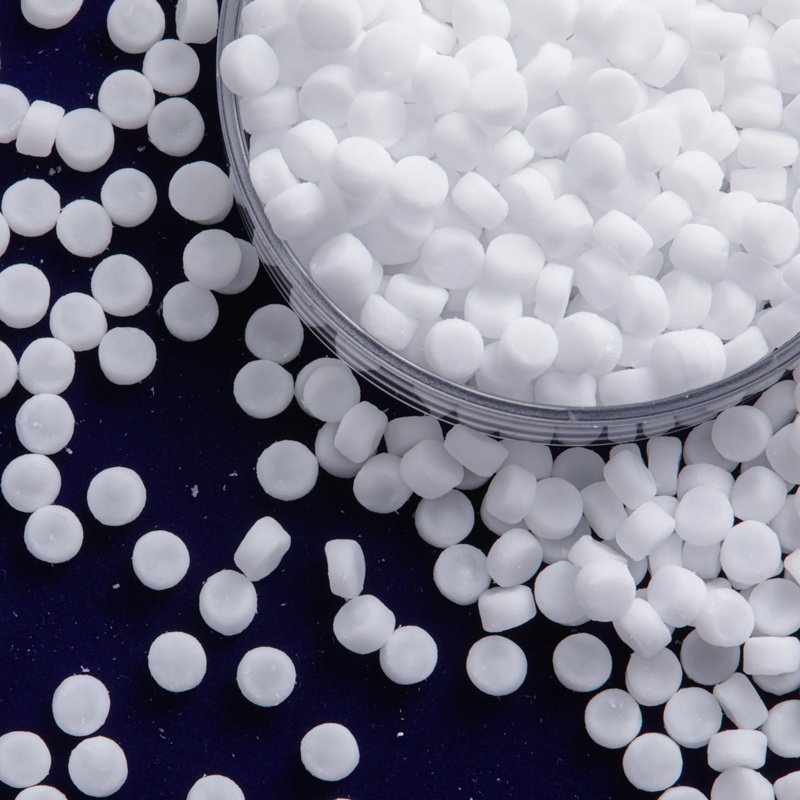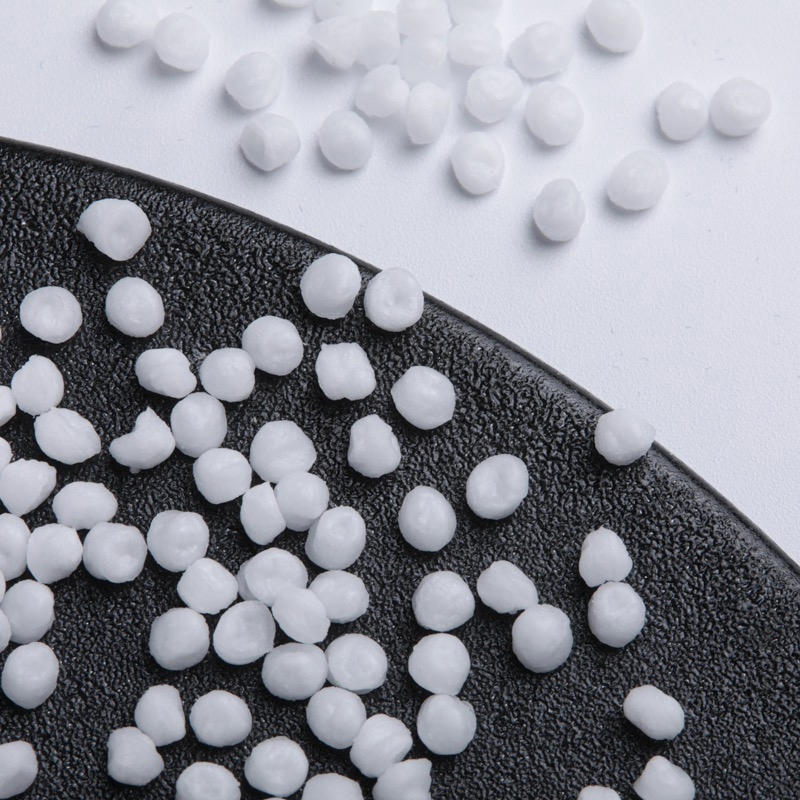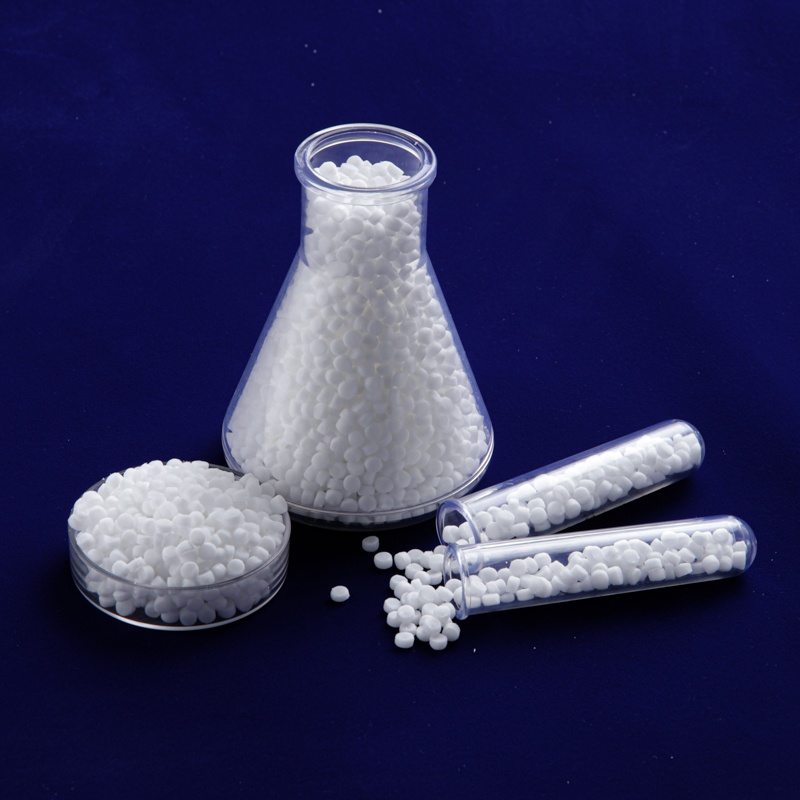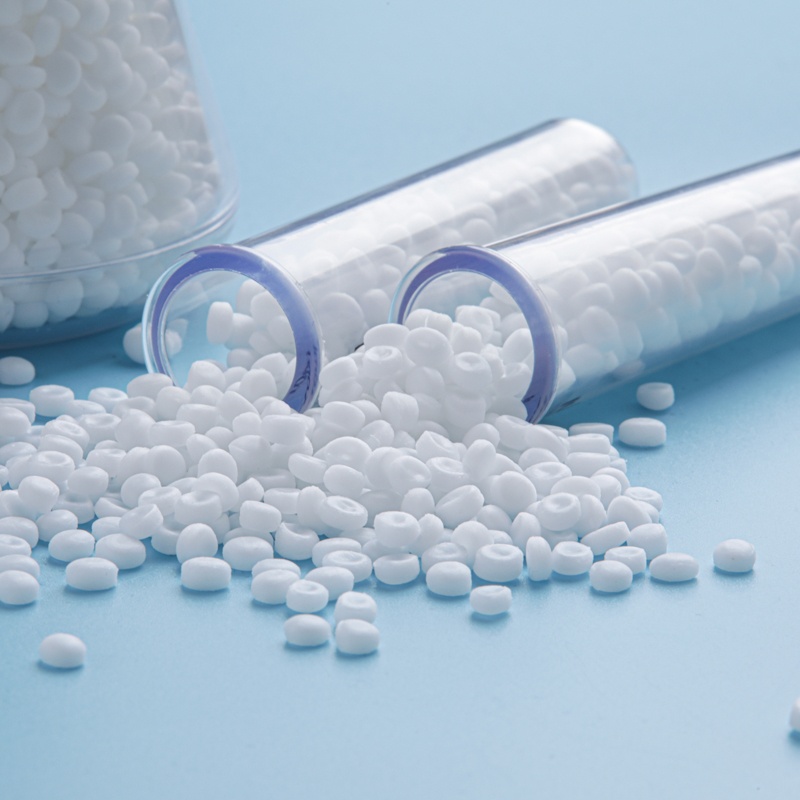Silicone additives are essential components in various industries, including automotive, construction, and electronics. These additives are used to enhance the performance and functionality of different materials, such as plastics, rubbers, and coatings. Silicone additives are known for their excellent properties, such as high thermal stability, chemical resistance, and low toxicity. In this article, we will explore the different types of silicone additives, their applications, and the benefits they offer.
Types of Silicone Additives
1. Silicone Fluids
Silicone fluids are widely used as lubricants, release agents, and anti-foaming agents. They have excellent thermal stability, low surface tension, and high compressibility. Silicone fluids are also used as heat transfer fluids in various applications, such as cooling systems and hydraulic fluids.
2. Silicone Resins
Silicone resins are used as binders in coatings, adhesives, and sealants. They offer excellent adhesion, weather resistance, and thermal stability. Silicone resins are also used as flame retardants in plastics and textiles.
3. Silicone Surfactants
Silicone surfactants are used as emulsifiers, wetting agents, and foam stabilizers. They have excellent surface tension properties, which make them ideal for use in personal care products, such as shampoos and conditioners.
4. Silicone Elastomers
Silicone elastomers are used in various applications, such as gaskets, seals, and O-rings. They offer excellent flexibility, durability, and resistance to extreme temperatures. Silicone elastomers are also used in medical devices, such as catheters and implants.
Applications of Silicone Additives
1. Automotive Industry
Silicone additives are used in the automotive industry to enhance the performance and durability of different components, such as engine gaskets, seals, and hoses. Silicone additives are also used in brake fluids, transmission fluids, and cooling systems.
2. Construction Industry
Silicone additives are used in the construction industry to improve the properties of different materials, such as concrete, mortar, and sealants. Silicone additives are also used in roofing materials, insulation, and waterproofing membranes.
3. Electronics Industry
Silicone additives are used in the electronics industry to enhance the performance and reliability of different components, such as circuit boards, connectors, and sensors. Silicone additives are also used in thermal interface materials, adhesives, and coatings.
Benefits of Silicone Additives
1. Thermal Stability
Silicone additives offer excellent thermal stability, which makes them ideal for use in high-temperature applications. They can withstand temperatures up to 300°C without degrading or losing their properties.
2. Chemical Resistance
Silicone additives offer excellent chemical resistance, which makes them ideal for use in harsh environments. They can resist acids, bases, solvents, and other chemicals without degrading or losing their properties.
3. Low Toxicity
Silicone additives are non-toxic and safe for use in various applications, such as food packaging, medical devices, and personal care products. They do not release harmful chemicals or gases, which makes them environmentally friendly.
4. Durability
Silicone additives offer excellent durability, which makes them ideal for use in long-lasting applications. They can withstand wear and tear, weathering, and aging without losing their properties or performance.
Conclusion
Silicone additives are essential components in various industries, offering excellent properties and benefits. They are used to enhance the performance and functionality of different materials, such as plastics, rubbers, and coatings. Silicone additives offer excellent thermal stability, chemical resistance, low toxicity, and durability, making them ideal for use in harsh environments and long-lasting applications. With their unique properties and benefits, silicone additives will continue to play a vital role in various industries, driving innovation and progress.
Related Products





